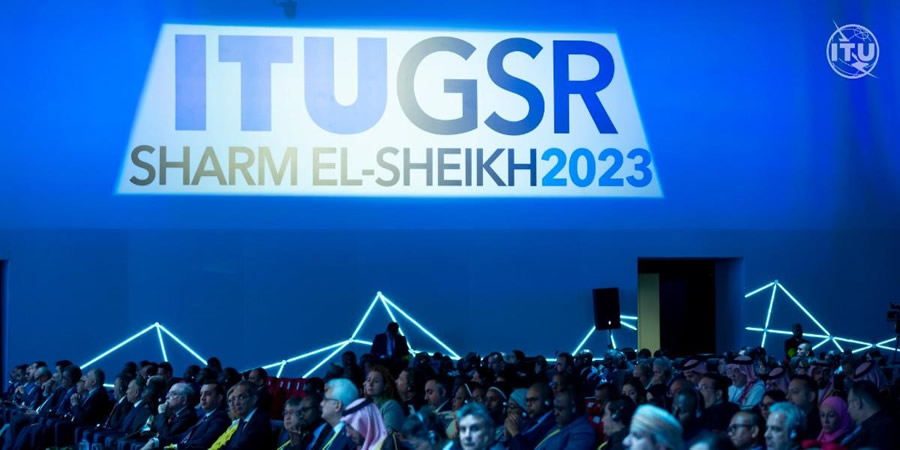The 22nd iteration of the Global Symposium for Regulators (GSR-23) concluded on a resounding note, emphasizing the importance of regulation and connectivity in driving progress for humanity, the environment and economic growth.
This year's GSR-23, held under the theme “Regulation for a sustainable digital future,” delved into the realm of purposeful and collaborative regulation, aiming to establish universal connectivity that propels the achievement of the 2030 Agenda for Sustainable Development.
Significant highlights emerged from various sessions, including the Industry Advisory Group on Development Issues and the gathering of Private Sector Chief Regulatory Officers (IAGDI-CRO). Additionally, the Regional Regulatory Associations meeting and the Heads of Regulators' Executive Roundtable served as valuable precursors to GSR-23.
“As GSR‑23 reaffirmed, knowledge exchange breaks down key barriers that lie in our path to universal connectivity and sustainable digital transformation,“ said Dr. Cosmas Luckyson Zavazava, Director, Telecommunication Development Bureau, ITU.
The newly released GSR-23 Best Practice Guidelines aptly identify areas where economic incentives are crucial for fostering meaningful connectivity, expanding digital access and promoting adoption and utilization.
“Tech is moving fast and won't wait for us to catch up," said ITU Secretary-General Doreen Bogdan-Martin. “The engagement and agreement on regulatory guidelines seen in the Global Symposium for Regulators platform show the way forward, ensuring technology can benefit all people and our planet."
To drive universal and meaningful connectivity, these guidelines emphasize regulatory approaches tailored to rural, unserved and underserved regions, as well as emerging technologies.
“The true potential of emerging technologies lies in their ability to uplift and empower underserved communities, creating a more inclusive and equitable future,” said Eng. Hossam El-Gamal, Chair of GSR-23 and Executive President of Egypt’s National Telecommunications Regulatory Authority (NTRA). “This new set of guidelines will facilitate the transition from disconnected to connected to productive users to ensure meaningful contributions to socio-economic development.”
Furthermore, the guidelines achieve the following: outline essential cross-sector digital policy and regulatory principles; shed light on groundbreaking collaborative strategies; and encourage the development of investor-friendly markets that foster competition while stimulating innovation.
“At the height of COVID‑19, flexible and fit-for-purpose regulation kept the world connected. Today, as we officially enter the post-pandemic era, regulators can fully focus on the next challenge: digital transformation,” added Dr. Zavazava.
In a nutshell, GSR-23 also witnessed the launch of significant initiatives within the ITU Development Sector (ITU-D).
Notably, the Digital Regulation Network (DRN) was introduced as a platform to facilitate cross-sectoral collaboration, consultation and experimentation among national, regional and global regulators and regulatory associations. Its primary objective is to expedite sustainable digital transformation by implementing collaborative regulatory frameworks, including the concept of twinning.
Another noteworthy initiative is the Collaborative Digital Regulation Country Reviews, which offer authoritative analyses of national regulatory landscapes. This practical guidance aims to steer countries toward achieving G5 regulation and embarking on successful digital transformations.










